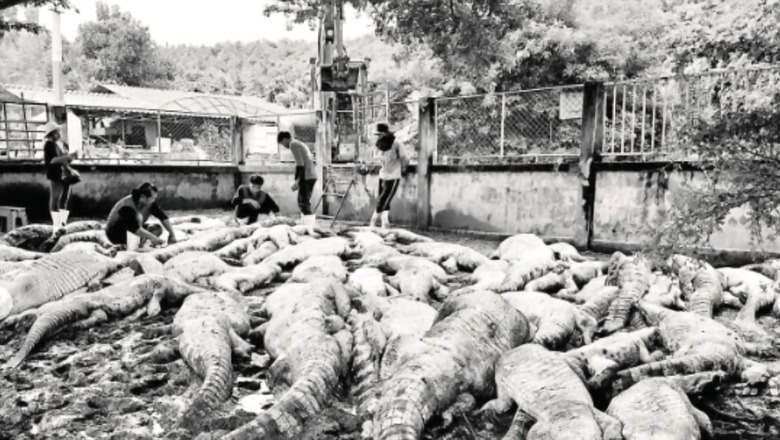
views
A crocodile farmer in Thailand faced a heartbreaking situation when he electrocuted several critically endangered reptiles after a storm damaged their farm. Natthapak Khumkad explained to CNN that he was forced to kill 125 Siamese crocodiles to prevent them from escaping into his community after Typhoon Yagi caused massive damage. He was left with no other option after he failed to find a suitable place to relocate the crocodiles.
Khumkad shared that he made the hardest decision of his life and revealed if the wall collapsed, people’s safety would be at risk, and protecting the community was his top priority. Despite running his farm for 17 years, which has survived every rainy season, the continuous heavy rainfall this year ruined the walls of the crocodile enclosure.
Khumkad said, “I had to make the most difficult decision of my life to kill them all. My family and I discussed if the wall collapsed the damage to people’s lives would be far bigger than we can control. It would involve people’s lives and public safety. I had to make a decision in less than 24 hours when I saw the erosion progressed rapidly.”
Meanwhile, according to Benjamin Horton, director of the Earth Observatory of Singapore, “Storms like Yagi are getting stronger due to climate change, primarily because warmer ocean waters provide more energy to fuel the storms, leading to increased wind speeds and heavier rainfall.”
The head of Lamphun’s fishery office, Pornthip Nualanong, explained that Khumkad reached out to her office when the heavy rains started to threaten his farm. She said that his decision to euthanise the crocodiles was brave and responsible. She added that if the adult crocodiles escaped into the nearby rice fields, they could have created serious chaos among people living in the area.
Natthapak Khumkad owned a crocodile named Ai Harn, a 4-meter (13 foot) long male, known as the eldest breeder and leader of the group. The farmer shared that his family initially sold roasted suckling pigs and calves. After noticing the amount of leftover waste, he decided to feed it to crocodiles.
Initially, the family started with just five crocodiles and their numbers increased over the past two decades. Now, they provide crocodile skins to leather factories, sell frozen crocodile meat in Thailand and export dried crocodile meat to Hong Kong. Despite losing 125 crocodiles, Khumkad still has 500 baby crocodiles left on his farm.











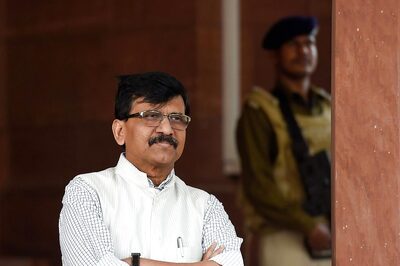

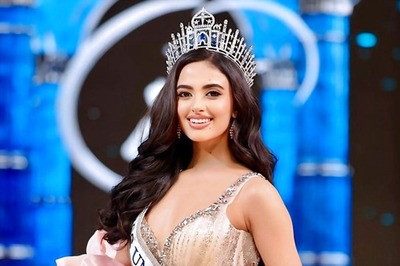
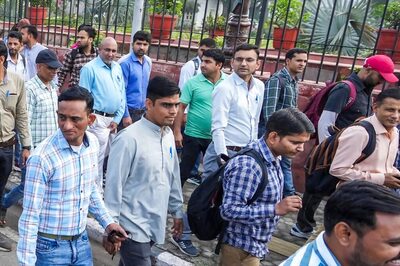
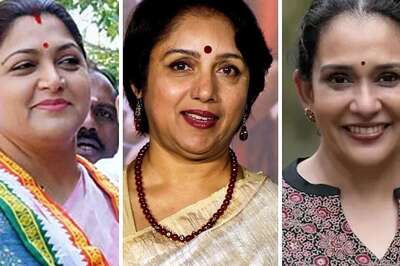

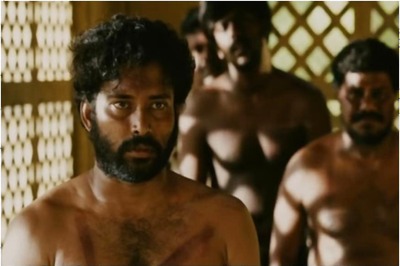
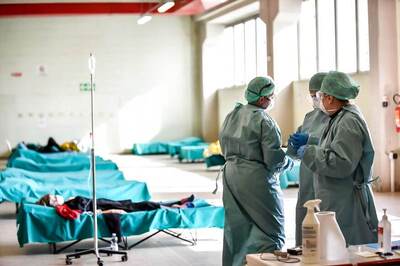
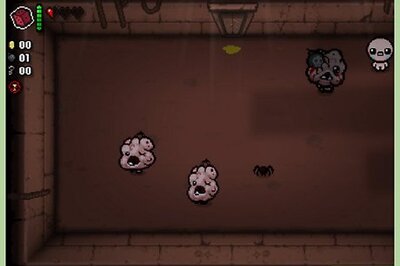
Comments
0 comment